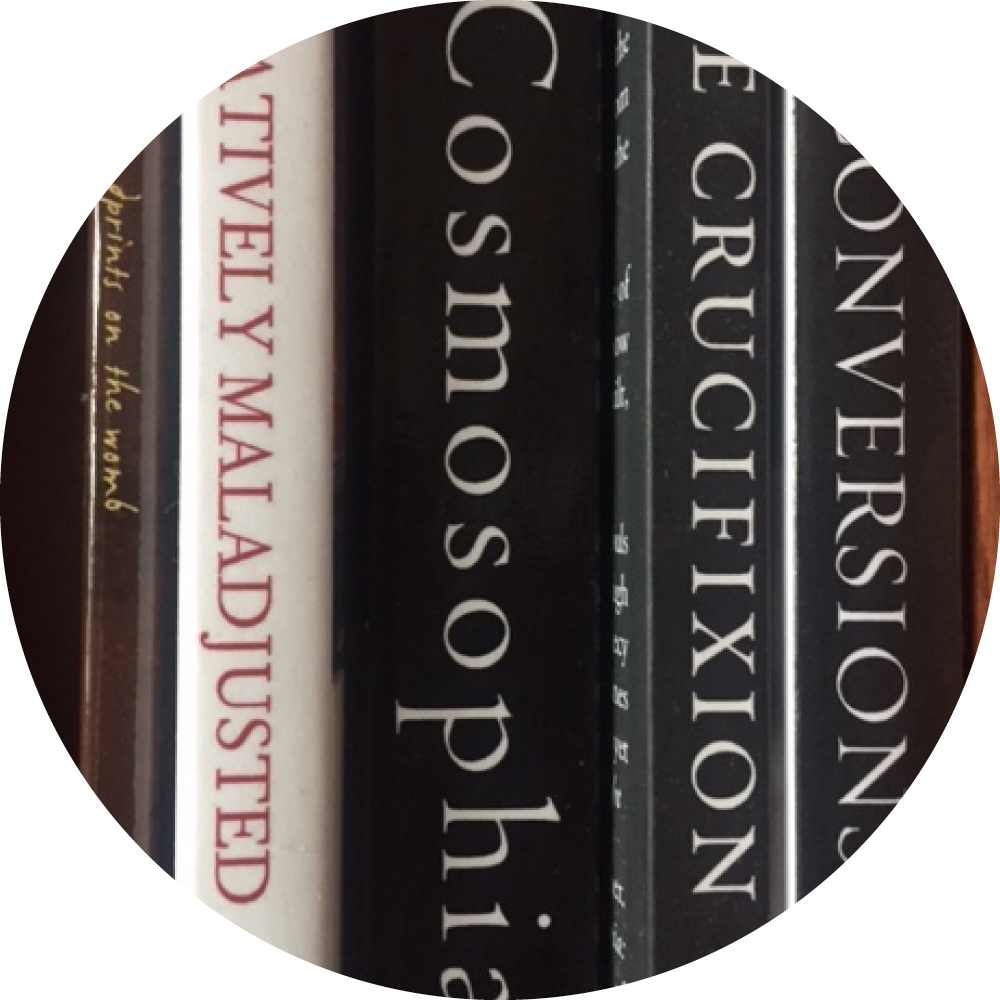“What Have We Put in
our Children’s Hands?”
By Theodore Richards
[Written in the memory of Adam Toledo]
It is the winter of 2021, still the depths of the pandemic lockdown period. Our family of five has left Chicago to spend the cold months just outside Miami, where we can at least sit outside by the pool while we work and study remotely.
Our two youngest, in kindergarten and first grade, are homeschooled. We read and write books together; draw maps of the world, trace the evolution of the Universe on a long rope spread across the back yard; learn martial arts and meditation and how to swim.
My oldest daughter has a different experience. She is thirteen and in a remote learning program at a Chicago Public School. It’s a good school, with a rigorous curriculum and caring teachers. But she’s depressed, spending day after day in Zoom meeting after Zoom meeting.
Even in our little subtropical bubble, we cannot escape the Chicago cold. News, like the pandemic, travels fast. Back home, a thirteen year old boy, Adam Toledo, has been shot and killed in an alley by the police. Initially, the powers that be wring their hands. They need a story, something to tell the people, something to make sense of the senseless. Not wanting to alienate the police or cast aspersions on a dead child, the mayor doesn’t know what to say. But she’s given a lifeline. It turns out that, at some point – although he didn’t have it when he was shot – the boy had a gun in his hand. Someone, an adult, had given him a gun. This is whom we can blame, says the mayor. It is the fault of the adult who put the gun in little Adam’s hand.
This gets me thinking: although we are far away in the warm, Miami sun, we are not so far away. My daughter, my oldest daughter, is thirteen, just like Adam, enduring some version of Chicago Public Schools’ pandemic education – remote learning – just like him. I wonder if he was depressed, too, wonder if he came outside, into the alley, because he just couldn’t take it anymore. Or maybe he didn’t even have a computer, so he essentially had no school, and was left in the hands of whoever it was who gave him the gun rather than a teacher. Certainly, little Adam had no one to take him away from the dark Chicago winter. His life was very different from my daughter’s.
One job of a parent is to teach your child that they are at once unique and special and, at the same time, no different from, no better than, anyone else. My daughter wasn’t all that different from Adam. Both thirteen; both CPS students; both struggling to navigate the impossible choices of the pandemic.
And so I have to ask: what have we put in our daughter’s hands? If not a gun, then what? A smartphone? A pencil? A book? Or have we given her things less tangible but no less threatening, like confidence or courage or curiosity. Things that little whiteboys hold with impunity, without fear of being shot down in an alley by the police.
Whatever it is, it isn’t merely the thing that we give our children to hold. Adam Toledo wasn’t killed because he held a gun. Plenty of thirteen year olds hold guns in America without being killed by the police. He was given a story. That gun contained within it a story about him, about who he was, his place in the world, the value of his life.
We are back in Chicago now. My daughter is no longer doing remote learning. She’s happy now. Her life and Adam’s are so different. But still. What are we putting in her hand, what story? Who is she? What is her place?
What is the value of her life?
In a sense, her story separates her from the boy who was shot down in the alley. But perhaps that’s only another incomplete story, a story that might serve her for now, but does little justice to the memory of a boy who died too soon, with few opportunities. Adam’s story, I am sure, ought to be more than just that of a boy who held a gun and was killed too soon. Perhaps the story we need my daughters to hold is the one that binds them and Adam, that honors their differences while recognizing the ways in which their fates are bound, their stories are entangled. We could leave Chicago for the winter, but the story of the boy who was killed in the alley still reaches us. We cannot run from anything in this entangled world: not a pandemic; not the violence that strikes down our children; not the consequences of the stories we give our children to carry through their lives.
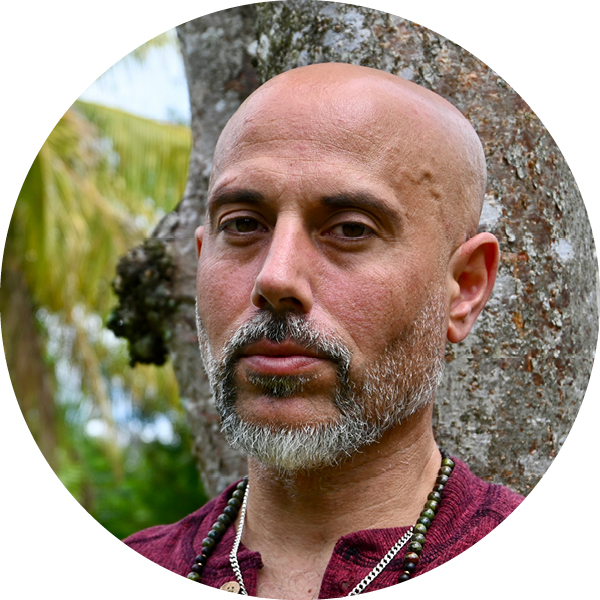
Re-sources
Re-Imagining Education
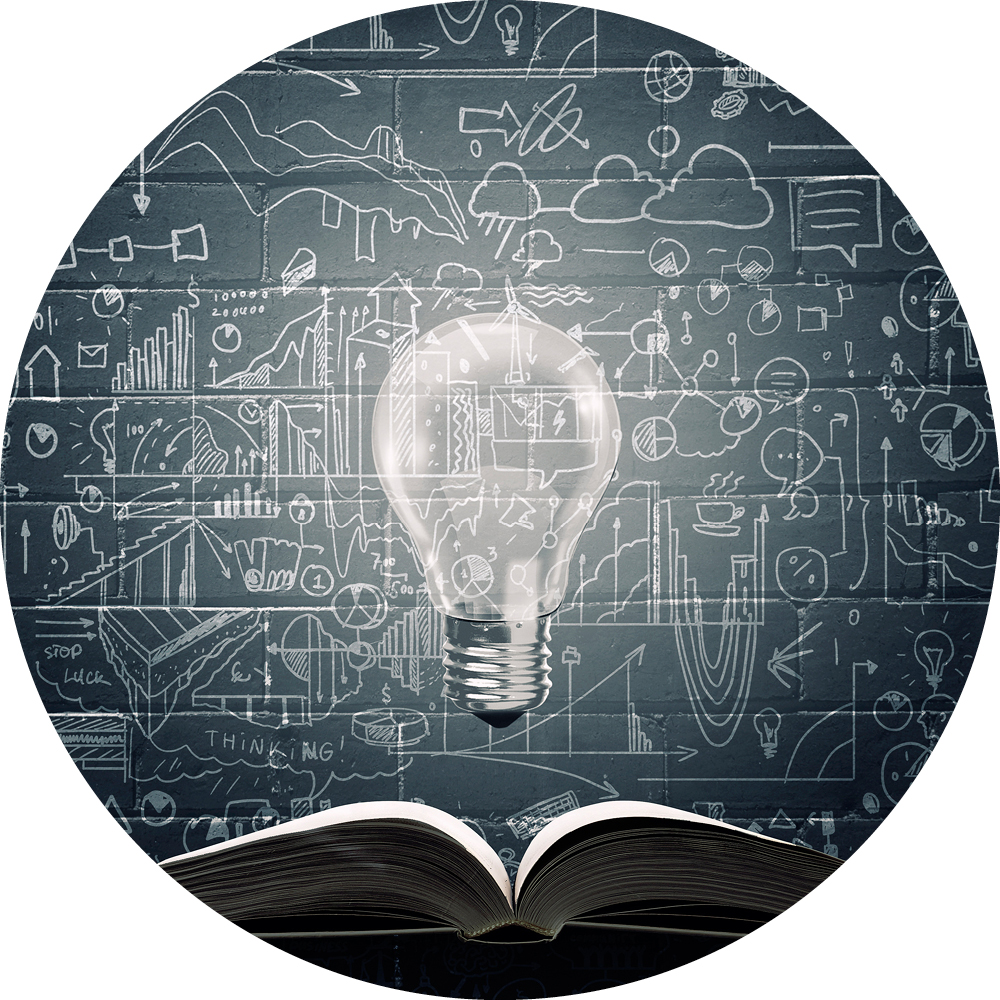
Empowering educators to take a deeper look at the stories told in our schools and to re-imagine them in transformative and
nurturing learning spaces.
Learning Opportunities
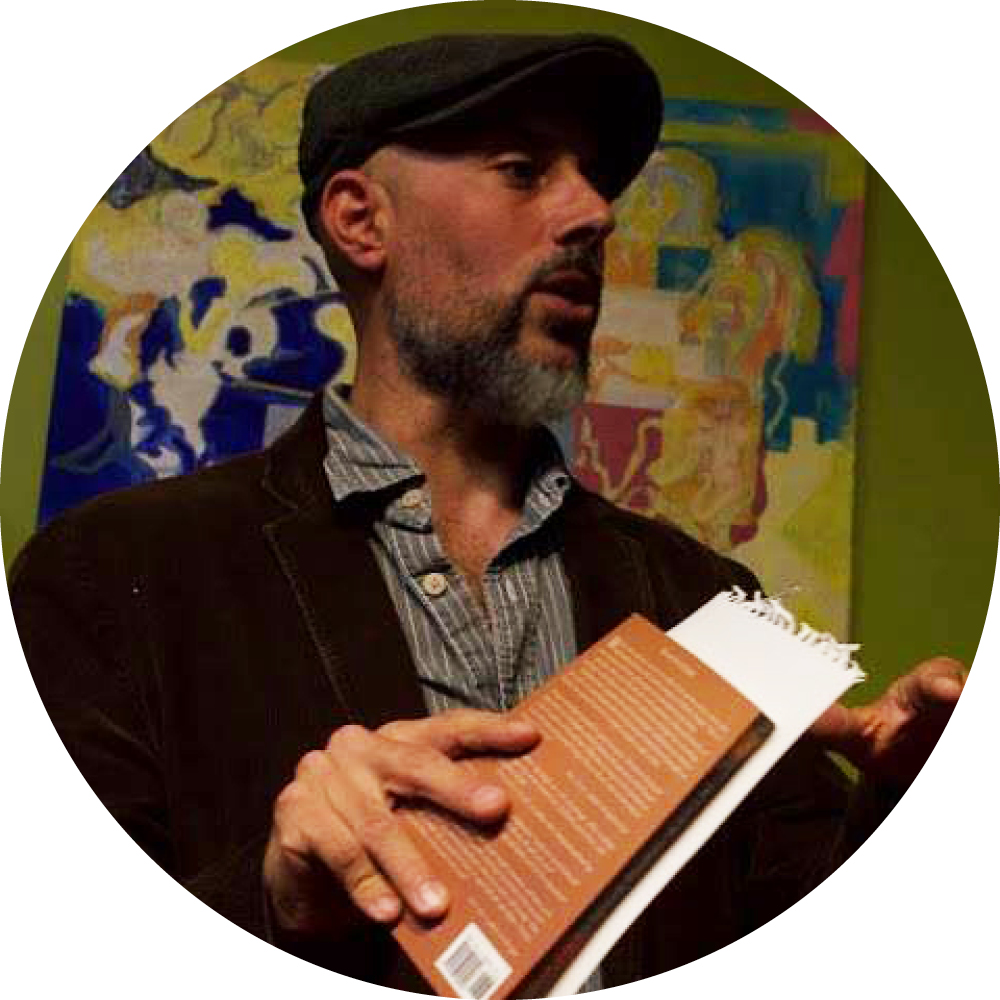
Classes, workshops, and lectures that help to empower people to re-imagine who they are and their place in the world.
Get Involved
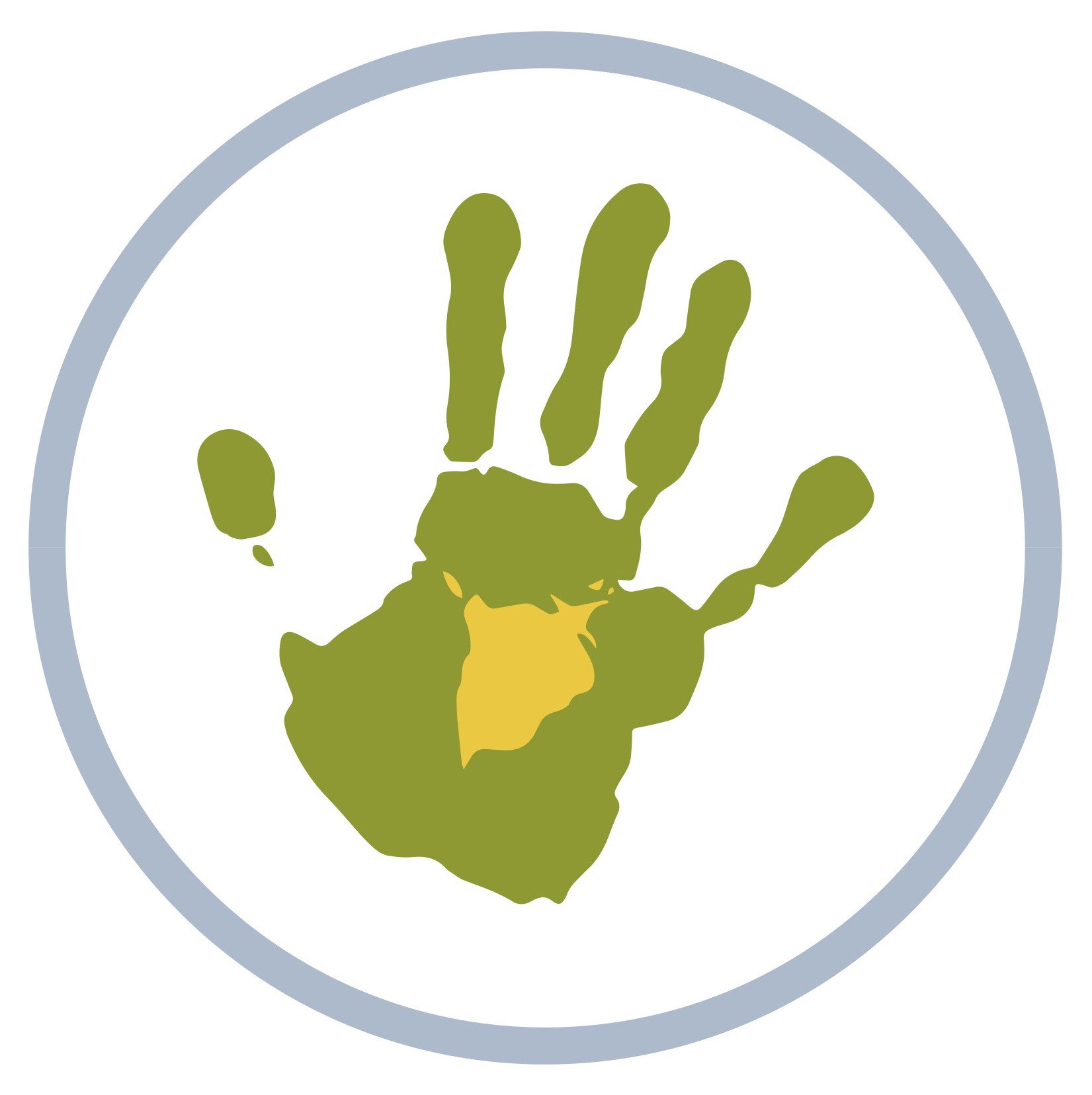
Help the Chicago Wisdom Project realize its mission to re-imagine education through holistic programming that transforms individual, community and world through creative expression.
